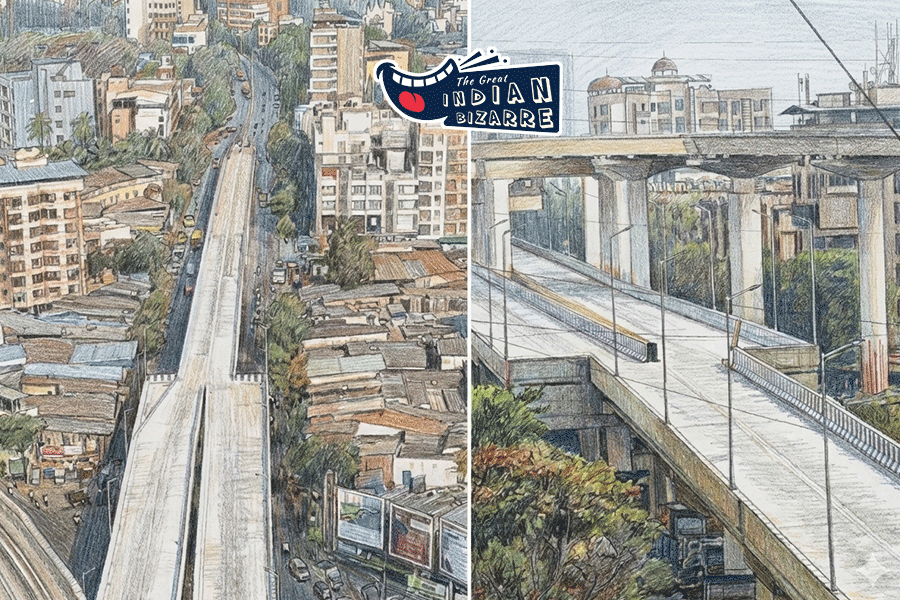 Sunday, 01 February 2026
Sunday, 01 February 2026
 Sunday, 01 February 2026
Sunday, 01 February 2026
Gulzar Ahmad Bhat, a former carpet weaver in Jammu and Kashmir, now sells tea on the shores of the scenic Dal Lake, abandoning his craft of 35 years after increased US tariffs left him unable to afford his children's school fees and medicine for his family of six.
Thousands of Indian artisans and weavers have been battered by US President Donald Trump's move in August to double tariffs to 50 per cent on Indian goods. Bhat, 49, hired a weaver to finish his last carpet before he laid down his tools.
"This profession is dying," he told Reuters, days before he switched occupations.
The US buys nearly 60 per cent of India's handmade carpets, according to industry estimates.
The Reuters article came the day Union minister Kiren Rijiju declared that “the destiny of Jammu and Kashmir has changed” after Prime Minister Narendra Modi abrogated Article 370 that granted special status to Jammu and Kashmir.
“I have personally felt that under the leadership of Prime Minister Modi and after the abrogation of Article 370, the destiny of Jammu and Kashmir has changed. Today, Jammu and Kashmir is moving forward on the path of peace and development," Rijiju told reporters in Jammu’s Katra.
"The world wants to see Kashmir — it is such a beautiful place — and when there is both peace and progress here, it will look even more magnificent," he said during an event where job letters were handed out to youth as part of a nationwide programme chaired by the prime minister.
“I have been coming to Kashmir for many years — I came in the 1970s, in the 1980s, and even after the 1990s and 2000s. But the kind of development that began in Jammu and Kashmir after 2014 had never happened before,” Rijiju said.
Kashmir, with a handicraft industry that, according to the Jammu and Kashmir Industry Chamber, employs about 400,000 people, is known for its Persian-style tufted and knotted varieties.
Indian carpet and handicraft exports fell more than 16 per cent in September from a year earlier, according to data from the trade ministry, forcing small manufacturers to cut jobs and shelve expansion plans.
"Business is slowing down because of the increase in US tariffs ... many workers are losing jobs and shifting to other work, causing a loss of traditional skills," Mujtaba Qadri of M&K Exports, which sells shawls and rugs – mainly to the US – told Reuters
A trade ministry official said New Delhi is trying to help affected exporters with financial incentives and by getting them to sell to new markets. But local exporters warned that this could take time.
The tariffs are affecting the peak export season from October to December and winter orders are getting stuck, leaving unsold goods in warehouses while threatening to wipe out an entire business cycle.
Third-generation carpet maker Mohammed Yaqoob Bafanda, 40, said the tariffs are just the latest blow to an already struggling industry.
His family business has shrunk from 100 handlooms during his father's time to around 20 now, with the number of weavers also dropping from 300 to only "four or five", he said.
"If a 50 per cent tax continues, this industry will collapse," Bafanda said. "I have 40 to 50 carpets in stock and no buyers."







